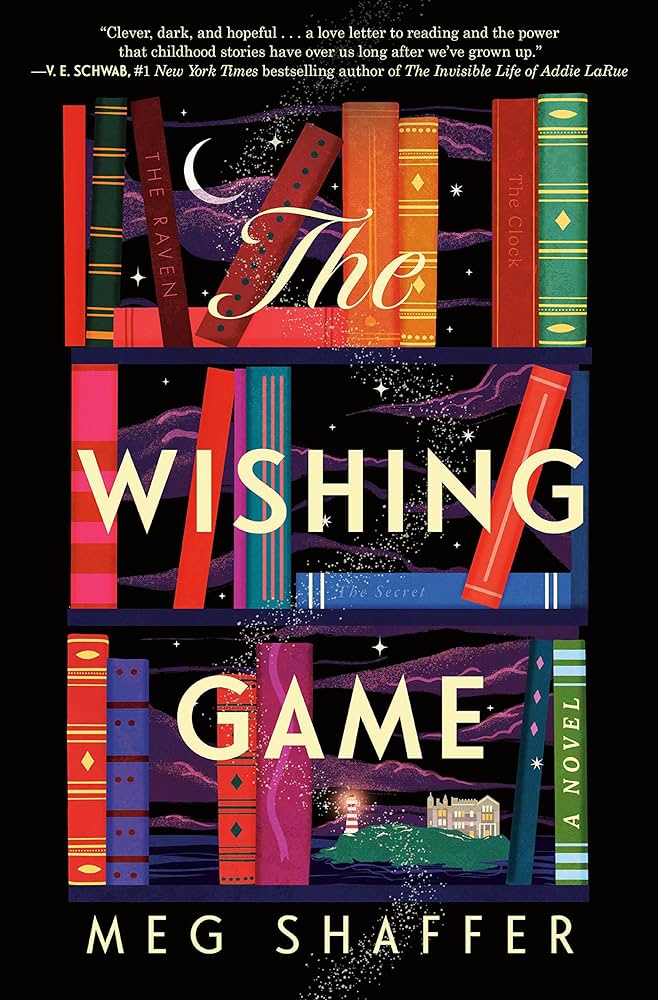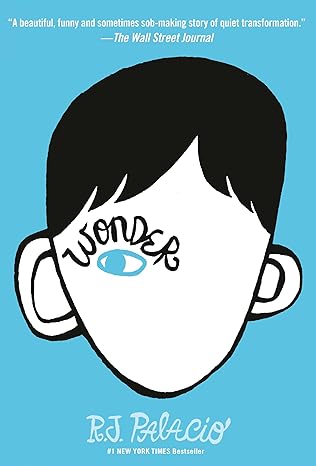by Christina S
.

.
No matter the child, parenting can be hard, unpredictable, and challenging. As parents we do our best, but we are imperfect and sometimes we unintentionally fail. It isn’t often acknowledged, but failure is as much a part of parenting as success.
When you have a child with special needs, or one that demands a lot of attention for whatever reason, you can be overwhelmed and unwittingly neglect to fully parent your other child or children. I know this from first hand experience. My eldest child, now 22 years old, has an acute chronic health condition that will be with her for life. We spend nights in the ER, hours by their side as they have seizures, chasing medical appointments with specialists, and traversing the insurance maze. I also struggle with trying to keep my other child, now 18 years old, from becoming a ‘glass child’.
‘Glass Child’ is a term that is used to describe the unique situation of a healthy child who is the sibling, or close relation, of someone who demands/receives a lot of attention, and/or having a chronic issue, such as illness, mental health issues, or disability. The term describes the feeling of invisibility a child can feel when consistently in the shadow of another. When a parent or caregiver, for whatever reason, cannot or will not acknowledge and address their needs they feel unseen, like clear glass.
Alicia Arena spoke about being a ‘glass child’ in her TEDx Talk in 2010. She said:
“We are called glass children, because our parents are so consumed with the needs of our brothers and sisters that when they look at us, they look right through us as though we’re made of glass.”
“Glass children take on these caretaker responsibilities and naturally we are conditioned not to have any problems,” she said. “We are supposed to be perfect. When someone asked us how we were doing, the answer is always: I’m doing fine.”
I make an effort to check in with my youngest regularly to see how he is doing. He will often tell me he is fine, but I know he isn’t always fine, after all no one is always fine. I want him to know that I see him, love him, support him, and that he is not overlooked. I have striven to make sure he knows that I need him to tell me honestly how he is doing and that he is just as important to me as my eldest, but he still wants to suck it up and protect me. It can be complicated.
Authors have used glass children in their stories, although the glass child could be an adult. Sometimes they are the protagonist and other times a supporting character, but I have found that reading about glass children, even fictional ones, has helped me connect to my youngest child and talk to him about what he is going through. Several of the books below are geared toward Juvenile and Young Adult readers, which has allowed me to read these stories together with my children over the years and discuss things.
Some of the books in our collection that feature a glass child are:
.

“All any of us wanted, really, was to know that we counted. That someone else’s life would not have been as rich without us here.”

“And looking around the room, I remember thinking that my reading differences were like dragging a concrete block around every day, and how I felt sorry for myself. Now I realize that everyone has their own blocks to drag around. And they all feel heavy.”

“A girl was like a kite; without her mother’s strong, steady hold on the string, she might just float away, be lost somewhere among the clouds.”

“Everyone’s wisdom path is different. You’ve got to find your own.”

“Let me tell you this: if you meet a loner, no matter what they tell you, it’s not because they enjoy solitude. It’s because they have tried to blend into the world before, and people continue to disappoint them.”

“Perhaps the unattached, the unwanted, the unloved, could grow to give love as lushly as anyone else.”

“…so young, so lonely and naive, that she imagined herself as some sort of vessel to be filled up with love. But it wasn’t like that. The love was within her all the time and its only renewal came from giving it away.”

“Some people think they know who you are, when really they don’t.”

“… if you’re someone who knows the worst thing can happen at any time, aren’t you also someone who knows the best thing can happen at any time too?”

“Another thing I learned in therapy?” Angie said. “The kids in dysfunctional families who act out and rebel are the ones who are the healthiest mentally. They’re the ones who see that something’s wrong. That’s why they act out, because they see the house is burning down, and they’re screaming for help. That was you.”

“An air-filter machine runs in Maddie’s room, 24/7/365.”

“Jack, sometimes you don’t have to be mean to hurt someone.”
